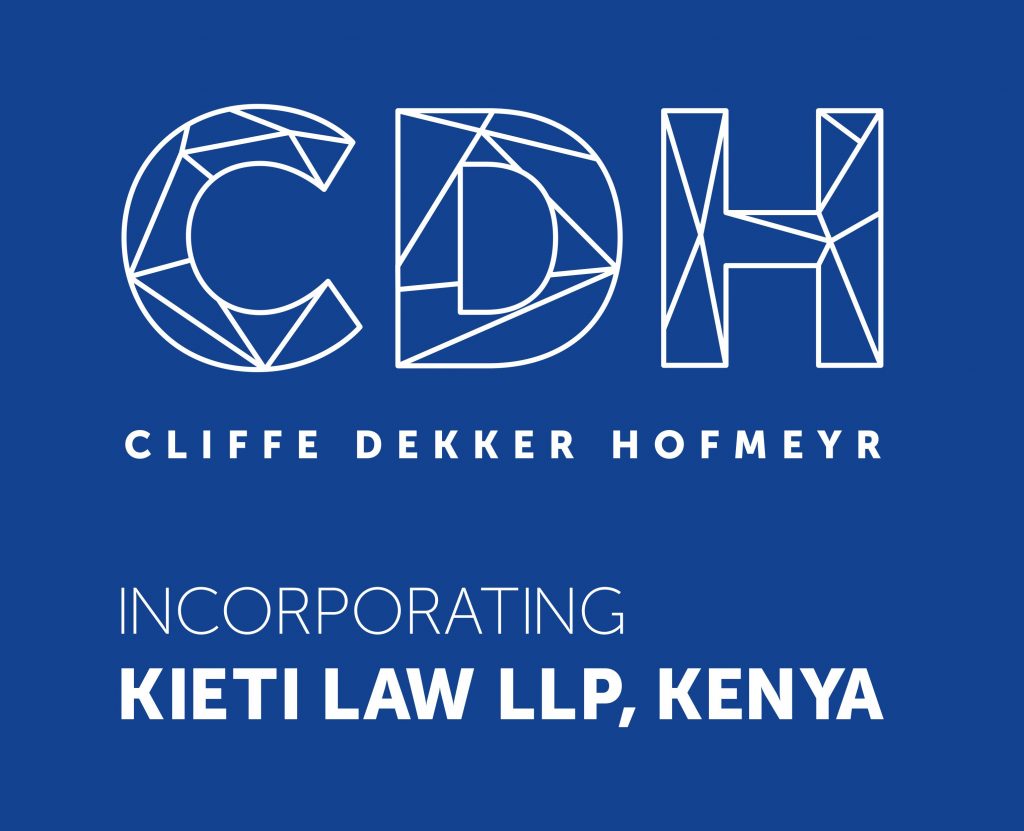

It is estimated that stage 6 loadshedding is costing the economy as much as R900 million per day. Many businesses are looking to self-generate power through the installation of rooftop solar as a way to reduce the impact of loadshedding and possibly avoid retrenchments or, at worst, closing their doors.
The large capital outlay for solar installations will require many businesses to approach financial institutions which, in turn, will need to consider the most suitable way to secure their investment.
Rooftop solar
In the 2023 State of the Nation address, President Cyril Ramaphosa announced various measures to combat the country’s existential power crisis, including the declaration of a state of disaster, a new Minister of Electricity, and loans and incentives to move South Africans onto solar energy. The President said that the Government was “going to proceed with the rollout of rooftop solar panels”. The bounce back loan scheme, implemented initially to assist with the impact of COVID-19 pandemic, will now be used to assist with the rooftop solar rollout and allow banks and development finance institutions to borrow directly from the scheme to facilitate the leasing of solar panels to the customers.
The Minister of Finance announced in the 2023 Budget that from March 2023, businesses would be able to reduce their taxable income by 125% of the cost of an investment in renewables. The Government will guarantee solar-related loans for small and medium enterprises on a 20% first-loss basis, meaning that the Government will carry 20% of the loss on defaulted loans, so institutional lenders will not have to carry the entire loss. This has created a perfect storm of necessity and incentive for businesses to invest in self-generated renewable energy.
Security of the loan
As discussed in a previous alert, the initial capital cost risks being exclusionary without funding assistance. While clarity is sought on implementing the bounce back loan scheme to be launched in April 2023, lending institutions will play an integral role in assisting businesses to mitigate against the impact of ongoing loadshedding to allow businesses to own, install and operate rooftop solar.
It is common for lending institutions to require security for the loans to be advanced if a borrower defaults under a loan agreement. Although the Government will guarantee 20% of the defaulted loans, without additional security, a lender may not (in certain circumstances) be able to recover all the money borrowed under the loan agreement. It would be pragmatic to consider the circumstances of the borrower in order to assess the appropriate security to be provided by the borrower to the lender in a funding arrangement.
In our view, we would recommend that the lender consider the following securities when advancing loans for rooftop solar (the list below will have to be specific to a particular transaction and may differ from one to the other).
Special notarial bond
A special notarial bond (once registered) constitutes real security in the mortgaged property as effectively as if it had been expressly pledged and delivered to the holder of the right. A special notarial bond for tangible movable property must identify and describe the rooftop solar secured in a manner that makes the rooftop solar readily recognisable. A special notarial bond must satisfy the requirements outlined in the Security by Means of Movable Property Act 57 of 1993.
It must be noted that rooftop solar installation and construction will ordinarily occur after the lender advances the monies to the borrower. Accordingly, the special notarial bond will only be registered when construction has been completed and the rooftop solar is “readily recognisable”. If the borrower fails on its obligations under the loan agreement, the lender may have the property sold without having to approach a court for an order to that effect. The lender is regarded as a secured creditor, which means that no other creditor may attach the property serving as security specially. However, if the rooftop solar is not properly identified, the lender will rank as a concurrent creditor on the insolvency of the borrower.
General notarial bond
Unlike a special notarial bond, a general notarial bond is a mortgage by the borrower of all of its tangible movable property in favour of the lender as security for a debt or other obligation.
However, a general notarial bond does not (in the absence of attachment of the property) make the lender a secured creditor of the borrower. It is not a true mortgage of movable property, but is a means of obtaining a limited statutory preference above the claims of concurrent creditors in the borrower’s insolvent estate.
Guarantee or suretyship
Guarantees and suretyships are a form of security for a principal obligation i.e. the due performance of the borrower for, inter alia, the repayment of the loan.
The decision to require a guarantee or suretyship will need to be considered on the basis of assets or balance sheet of the individual or company, respectively, providing the guarantee or suretyship to ensure that any enforcement on the guarantee or suretyship will cover the balance of the loan outstanding.

Photo By: Evgeniy Alyoshin via Unslash
Cession in security
A cession in security is an agreement to be entered into between the borrower and lender in which the borrower will grant security over intangible movable property in favour of the lender. For more information on the different types of cession in security structures, see this previous article. The lender should consider a cession in security over:
- Bank accounts: The borrower will maintain bank accounts for managing its business and all amounts standing to credit of the accounts should be ceded;
- Project documents: Rooftop solar will need to be constructed and, eventually, it will provide a revenue source for the borrower or be used by the borrower to meet its electricity demands. The decision as to which project documents should be ceded will depend on the nature of the borrower’s business and the purpose of the rooftop solar; and
- Debts: The borrower can cede all book debts, claims or receivables of whatsoever nature and howsoever arising (whether in contract, delict or otherwise).
Shareholder pledge and cession
As a company, the borrower is investing in its business through the installation of rooftop solar. This benefit is ultimately for the shareholders of the borrower.
The lender should consider the pledge and cession of all the share capital held in the borrower and all claims of whatsoever nature which the borrower shareholders may have against the borrower.
Additional security
Although less common, a lender may consider:
- a hire purchase transaction which usually includes an option for the lessee to purchase the rooftop solar for an agreed (and sometimes nominal) amount at the end of the period of the lease; or
- an instalment sale where the borrower (as buyer) takes possession of the rooftop solar, but the title to the rooftop solar remains with the lender (as seller) until the purchase price (including the interest ordinarily associated with the loan agreement) has been paid in full.
The major risk associated with a retention of title arrangement is ensuring that the lender takes the title to, and becomes the owner of, the rooftop solar from the supplier.
Conclusion
Security ordinarily required for a loan agreement such as a guarantee (or suretyship), a cession in security and shareholder pledge and cession should, at a minimum, be provided. Additionally, for:
- smaller rooftop solar projects with completion within one year of advancement of the loan, a lender should consider the registration of a special notarial bond; and
- larger rooftop solar projects where construction will take longer than a year from the advancement of the loan, the lender should require a general notarial bond until a special notarial bond can be registered.
Although the Government has intervened to incentivise rooftop solar installations through beneficial tax breaks and a partial guarantee, a lender must consider how best to protect the entire amount to be loaned to a borrower. The decision as to the exact security to be provided by the borrower must be considered on a case-by-case basis.




